‘He who fought for the country with guns and guitar’
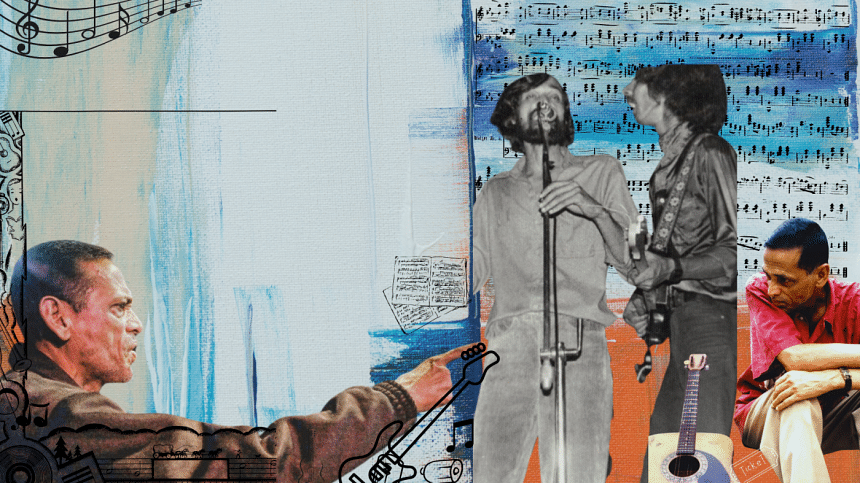
Ekushey Padak-winning musician Azam Khan is regarded as the pioneer of Bangla pop music. He was not only the first pop superstar of Bangladesh, but he was also a freedom fighter who valiantly fought for the independence of the country. Today, on his 74th birth anniversary, this article chronicles this maestro's life, tracing his journey from the Liberation War until his death on June 5, 2011.
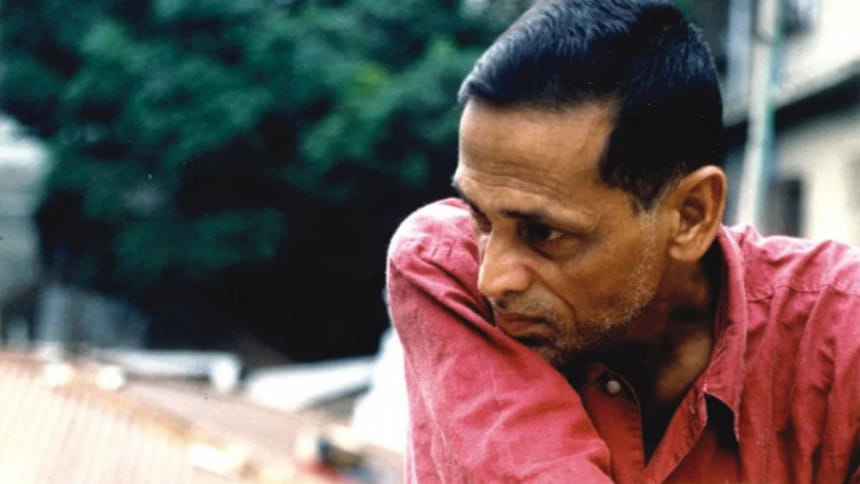
Azam Khan, who always had a natural inclination towards music, particularly Gono Sangeet (patriotic songs for the masses), felt a strong connection to songs and the power they held in mobilising people, especially during his days as a freedom fighter in the Liberation War. During the war, Khan sang at the war camps, infusing hope and encouraging mental resilience among the war-weary youth; therefore, he was almost destined to be a spokesperson for the youth later.
The pop guru's formal musical journey started when he formed a band named Uccharon after the liberation of Bangladesh from Pakistan. His songs became immensely popular among the masses with his easy, relatable lyricism and melodic tunes similar to Western music.

While Azam Khan played a significant role as a freedom fighter during the Liberation War struggle, the realisation of his surroundings and the emotional, socio-political distress faced by youth hit him most in the post-independence years. His legendary song "Railliner Oi Bostite" which is also a socio-political statement by its own merit is one of the truest representations of the society post-independence.
Witnessing their disillusionment of a free, independent Bangladesh, he felt compelled to do something. His love for music led him to use songs as a means to uplift and engage the youth.
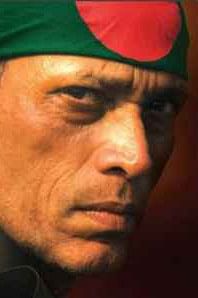
In the decades that followed, those tunes initiated the Bangla pop genre. Comparing him with American rock and roll maestros, critics tend to infer that Azam Khan to Bangladeshi pop music is what Chuck Berry is to Western rock and roll. His songs "Alal O Dulal" and "Ore Saleka Ore Maleka" were nothing less than anthems to a generation of music lovers. The tunes of his songs and his trademark guitar works made a lasting impression on Bangladeshi contemporary music so much so that every pop/rock artiste and band has been directly or indirectly influenced.

Throughout his life, he believed that the common, ordinary people would bring a positive change in the country. With his live performances on BTV in songs like "Eto Sundor Duniyay Kichhu-i Robe Na Re '' and "Char Kalemah Sakshi Debe", he became a household name, the first pop star of Bangladesh.
With his band, Uccharon, Azam Khan's musical career took off with its simple yet melodious compositions, captivating audiences in both urban and rural areas of Bangladesh. Despite his initial reluctance with songwriting, Azam Khan's creativity flowed seamlessly, producing hits such as "Ei Shundor Shornali Shondhay", "Accident", "Anamika", "Aasi Aasi Bole", "High Court'er Majare", "Paapri",' and "Je Meye Chokhe Dekhe Na".

Despite never actively engaging in the traditional songwriting process or preserving his numerous compositions on paper, he transformed those words that came to his mind into songs. Azam Khan's method involved elevating those unwritten verses through melody, creating magic through extraordinary songs that transpired amongst the people of this country.
Azam Khan earned the title of 'guru' (mentor) in the music industry, with his guitarist Rocket addressing him as the first disciple. Later, everyone in the music industry and listeners alike started calling him 'Guru,' although the humble musician was always at unease with this title.
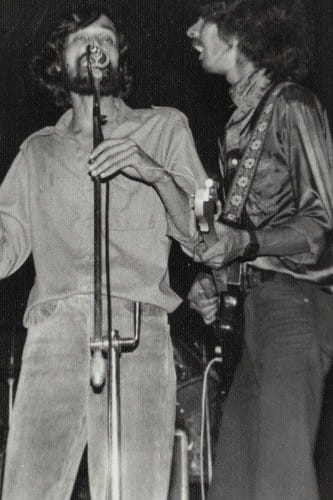
Apart from his musical achievements, Azam Khan ventured into acting and modeling. In 1986, he played the titular role of "Kala Baul" in the drama by the same name and in 2003, he acted in the film "Godfather" directed by Shahin Sumon. He also appeared in some advertisement campaigns as a model.
In recognition of his exceptional contributions to music, the maestro was awarded the prestigious Ekushey Padak, in 2019 posthumously, with him never getting to know of this immense honour.
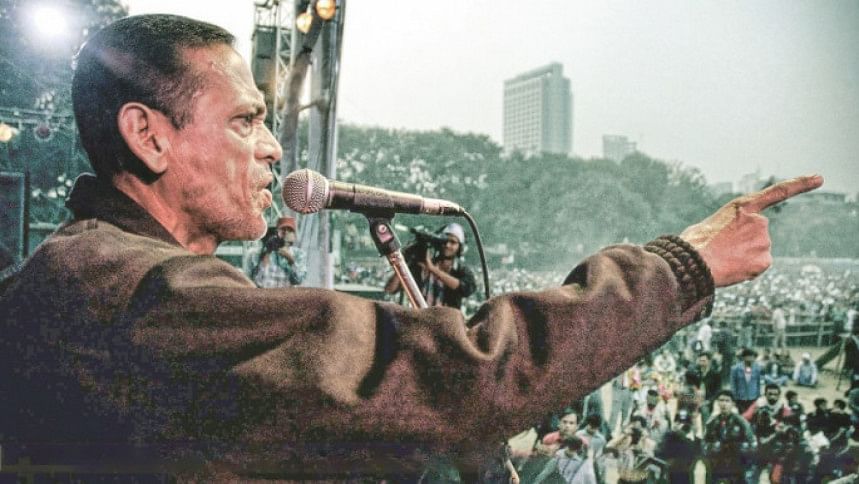
Once Azam Khan left the country for treatment for a while and upon his return sharing his experience, he said, "This was the longest I had ever been abroad. It felt suffocated and frustrated at times in Singapore. However, all the weight on my shoulder was lifted when I touched Bangladeshi soil at the airport."
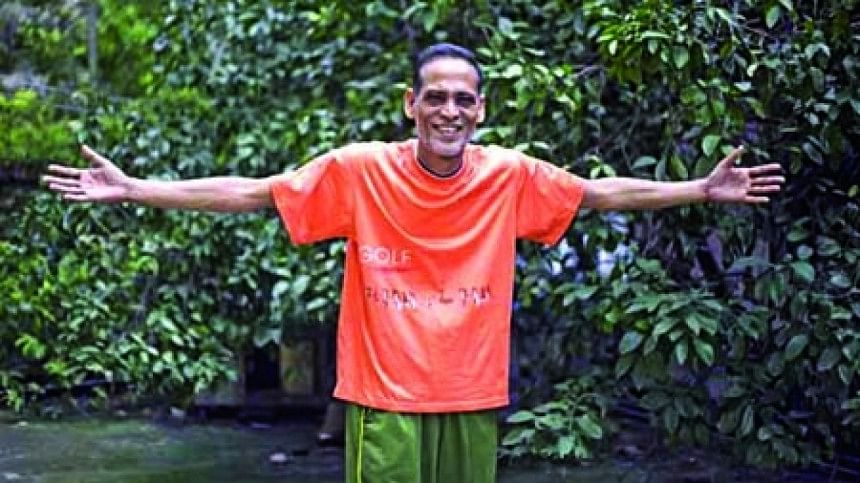
And in the mighty soil of the country he loved, the mighty musician now rests for eternity. Today we remember him for not only his remarkable musical career but also for his contribution as a freedom fighter and as the extraordinary human being that he was.

 For all latest news, follow The Daily Star's Google News channel.
For all latest news, follow The Daily Star's Google News channel. 


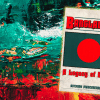
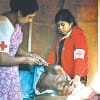

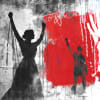

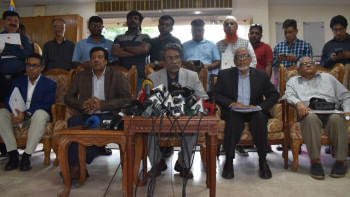
Comments